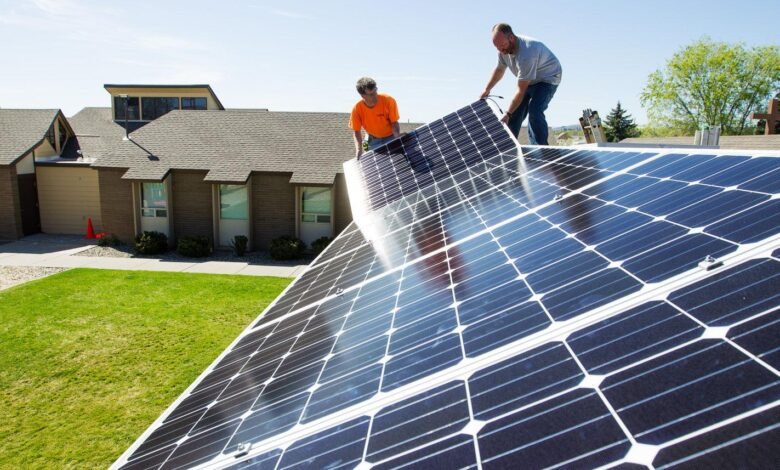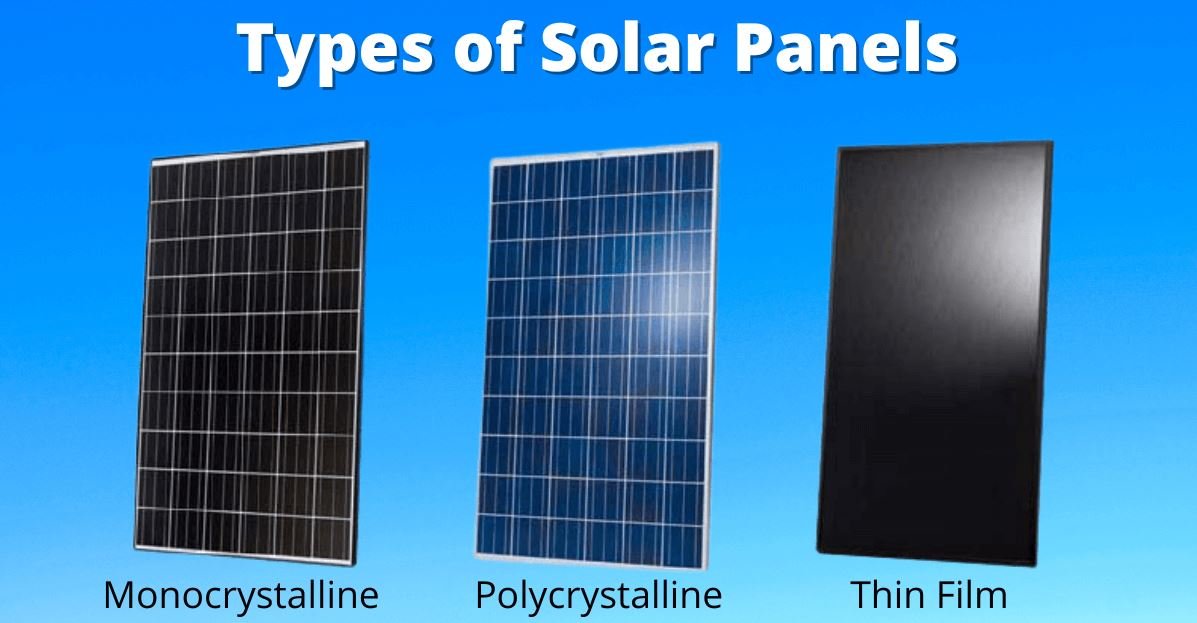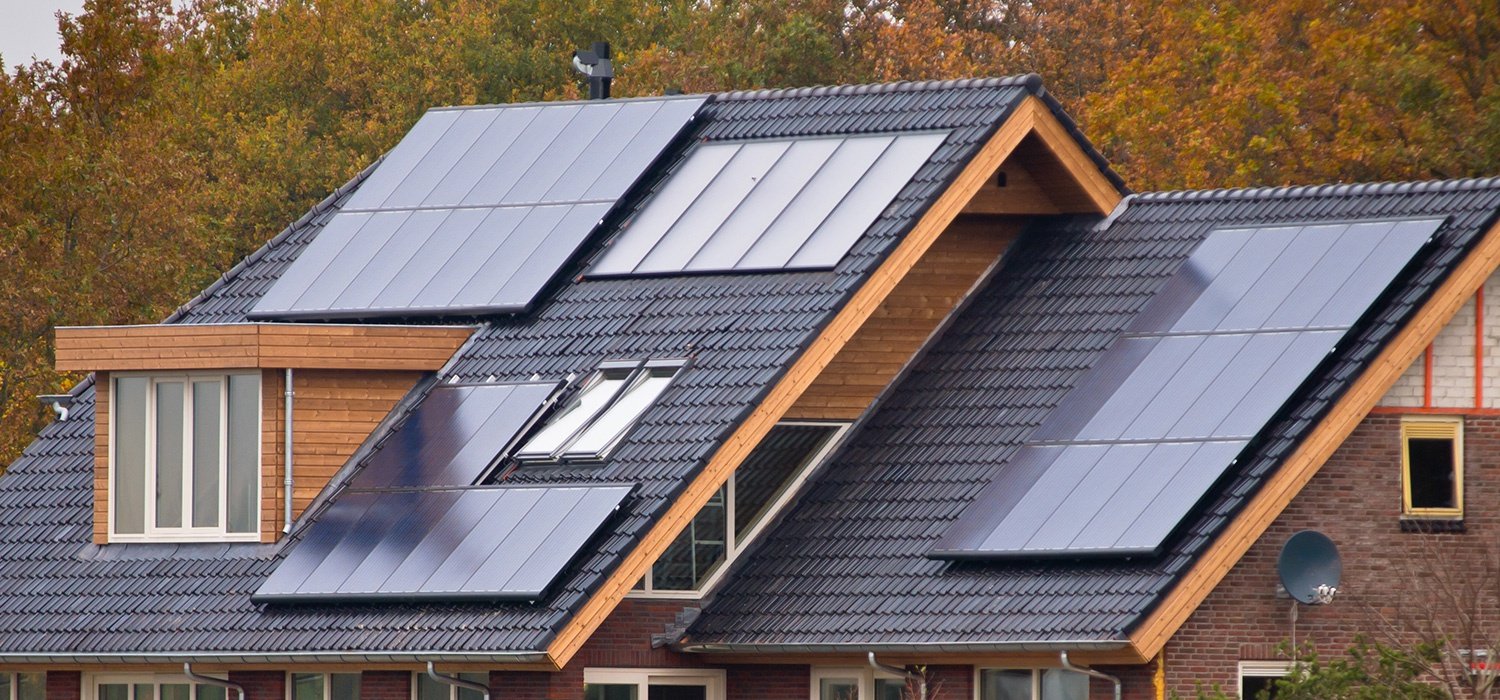Enhance Your Home’s Value with Solar Panels in 2023

In recent years, the adoption of solar panels has been on the rise as homeowners recognize the numerous benefits they offer. Not only do solar panels contribute to a greener environment, but they can also enhance the value of your home. In this article, we will explore reviews of Enhance Your Home’s Value with Solar Panels in 2023 and how they can increase the value of your home.
Read more: Solar Panel Installation: 7 Reasons to Have Solar Panels Installed at Home
Benefits of Solar Panels

Solar panels are a renewable energy source that harnesses the power of the sun to generate electricity for your home. By using solar energy, you can significantly reduce or even eliminate your reliance on traditional fossil fuel-based electricity. Some key benefits of solar panels include:
Reducing Electricity Bills: Solar panels can generate electricity, reducing the amount of power you need to purchase from the grid, resulting in substantial cost savings.
Clean and Renewable Energy: Solar energy is a clean and renewable energy source, reducing your carbon footprint and helping combat climate change.
Energy Independence: Generating your own electricity with solar panels gives you greater control over your energy consumption and protects you from rising utility prices.
Cost Savings and Return on Investment
While the initial cost of installing solar panels may seem daunting, they offer significant long-term cost savings and a high return on investment. Here’s why:
Lower Electricity Bills: Solar panels produce electricity, reducing the amount you need to buy from your utility company. Over time, this can result in substantial savings on your monthly electricity bills.
Net Metering: With net metering, any excess electricity your solar panels produce can be fed back into the grid, allowing you to earn credits or receive payments from your utility company.
Increased Property Value: Homes equipped with solar panels are attractive to buyers, and studies have shown that solar panels can increase the value of a property.
Environmental Impact
Solar panels offer numerous environmental benefits, contributing to a more sustainable future:
Reduced Carbon Footprint: Solar panels generate clean energy, reducing greenhouse gas emissions and helping combat climate change.
Conservation of Natural Resources: Solar energy is a renewable resource, unlike fossil fuels that require extraction and deplete finite resources.
Improved Air Quality: By reducing reliance on fossil fuels, solar panels contribute to cleaner air and a healthier environment for all.
Government Incentives and Tax Credits
To encourage the adoption of solar panels, many governments and local authorities provide incentives and tax credits:
Federal and State Incentives: Governments offer various incentives, such as rebates and grants, to reduce the upfront cost of solar panel installations.
Tax Credits: Homeowners can take advantage of federal and state tax credits, which can significantly reduce the overall cost of installing solar panels.
Renewable Energy Certificates: Some regions have a market for trading renewable energy certificates, allowing homeowners to earn additional income from their solar panel system.
Factors to Consider
Before installing solar panels, it’s essential to consider several factors to ensure you make an informed decision:
Energy Consumption: Assess your energy consumption to determine the appropriate size and number of solar panels needed to meet your household’s needs.
Roof Suitability: Evaluate the orientation, angle, and condition of your roof to ensure it’s suitable for solar panel installation.
Financial Considerations: Calculate the upfront costs, potential savings, and return on investment to understand the financial implications of installing solar panels.
Types of Solar Panels

There are different types of solar panels available, each with its own advantages and considerations:
Monocrystalline Solar Panels: These panels are made from a single crystal structure, offering higher efficiency and a sleek appearance but are typically more expensive.
Polycrystalline Solar Panels: Made from multiple crystal structures, these panels are cost-effective but have slightly lower efficiency.
Thin-Film Solar Panels: These flexible panels are lightweight and can be installed on various surfaces, but they generally have lower efficiency.
Installation Process
Installing solar panels typically involves the following steps:
Site Assessment: A professional solar installer will evaluate your property to determine the best location for the panels and assess any potential shading issues.
Design and Permits: The installer will create a customized system design and handle the necessary permits and paperwork required for the installation.
Panel Installation: The solar panels are mounted on your roof or a ground-mounted system, and electrical connections are made to integrate them with your home’s electrical system.
Grid Connection: After installation, your system will be connected to the electrical grid, allowing for net metering and seamless integration with the existing power infrastructure.
Maintenance and Longevity
Solar panels require minimal maintenance, but a few key considerations can ensure their optimal performance and longevity:
Regular Cleaning: Periodically cleaning the panels to remove dirt, debris, or snow buildup ensures maximum sunlight absorption.
System Monitoring: Utilize monitoring systems to track the performance of your solar panels and detect any potential issues or drops in efficiency.
Professional Inspections: Schedule periodic inspections by a professional to identify any maintenance or repair needs and address them promptly.
Increasing Home Value with Solar Panels

Installing solar panels can enhance the value of your home in several ways:
Attractiveness to Buyers: Solar panels are increasingly seen as desirable features in homes, making your property more appealing to potential buyers.
Energy Savings: Prospective buyers recognize the long-term cost savings associated with solar panels, which can increase the perceived value of your home.
Higher Resale Value: Studies have shown that homes with solar panels tend to sell for a premium, providing a return on investment for the initial installation costs.
Case Studies and Success Stories
Sharing real-life examples can illustrate the positive impact of solar panels on homeowners’ lives:
The Smith Family: The Smiths reduced their electricity bills by 70% after installing solar panels, allowing them to save thousands of dollars each year.
Green Valley Community: A community in Green Valley, known for its solar-powered homes, has experienced increased property values and a stronger sense of environmental stewardship.
Commercial Applications: Many businesses have embraced solar energy, not only saving money on their energy bills but also boosting their reputation as environmentally responsible companies.
Common Misconceptions
Dispelling common misconceptions about solar panels can address any concerns and provide accurate information:
Expensive Upfront Costs: While the initial installation cost can be significant, long-term savings and incentives often outweigh the upfront investment.
Limited Sunlight Requirement: Solar panels can still generate electricity even on cloudy or overcast days, although their output may be slightly reduced.
Maintenance Hassles: Solar panels require minimal maintenance, and any necessary upkeep is relatively simple and infrequent.
Read more: 7 Best Ideas for Reducing Energy Costs
Conclusion
In conclusion, installing solar panels in your home not only benefits the environment but also offers substantial cost savings and potential increases in property value. By harnessing the power of the sun, you can reduce your reliance on traditional electricity sources, enjoy financial advantages, and contribute to a greener future.
FAQs
Are solar panels suitable for all types of homes?
Solar panels can be installed on various types of homes, including single-family houses, townhouses, and even some apartments. However, factors like roof orientation and condition should be considered for optimal performance.
How long do solar panels typically last?
Solar panels are designed to be durable and can last for 25-30 years or more. Many manufacturers offer warranties that guarantee their performance for a specific period.
Will solar panels still work during a power outage?
Most grid-tied solar panel systems are designed to shut off during a power outage for safety reasons. However, there are battery storage options available that allow you to use solar power during outages.
Can I install solar panels myself?
While it’s possible to install solar panels yourself, it’s recommended to hire a professional installer who has the expertise and knowledge to ensure a safe and efficient installation.
How long does it take to recoup the cost of installing solar panels?
The payback period for solar panels varies depending on factors such as electricity usage, system size, and local incentives. On average, homeowners can expect to recoup their investment within 5 to 10 years.











